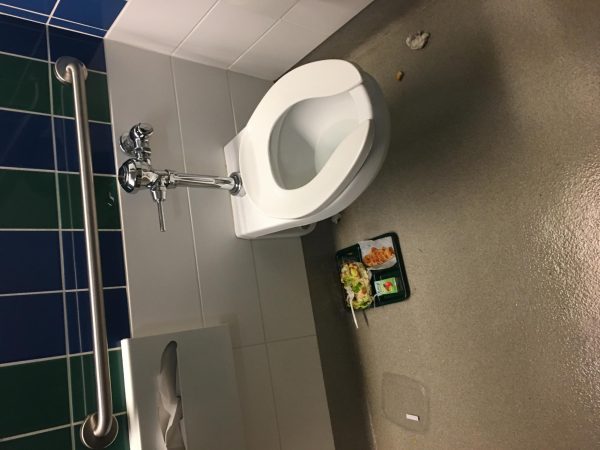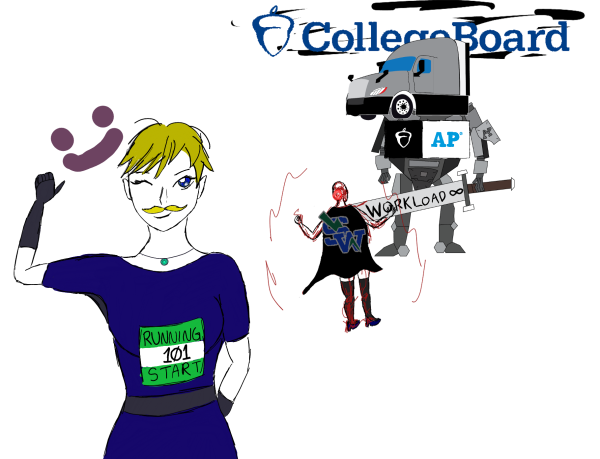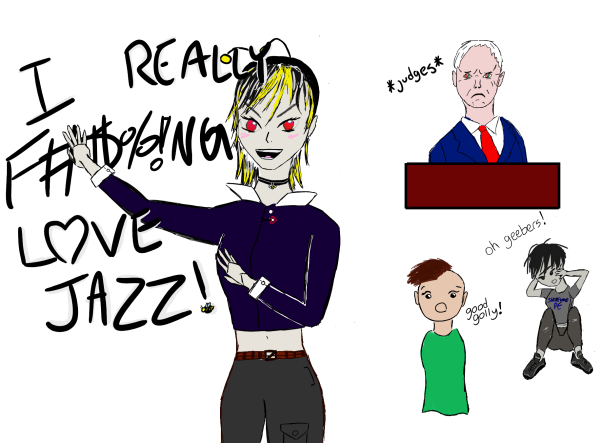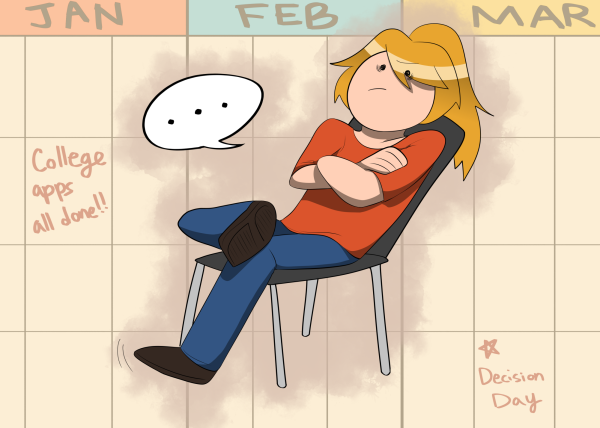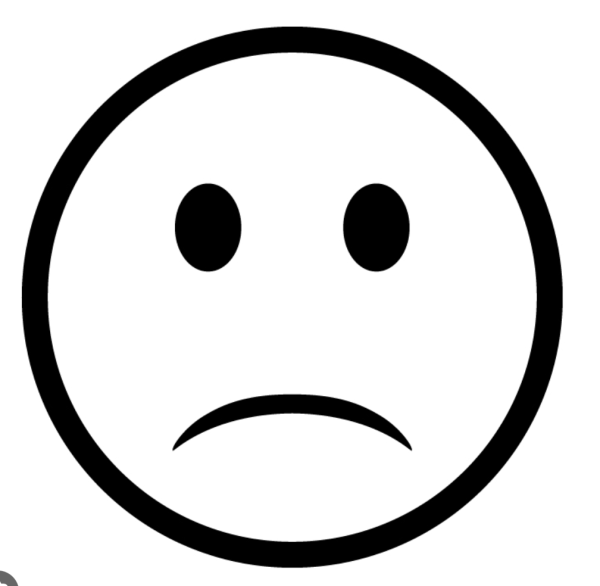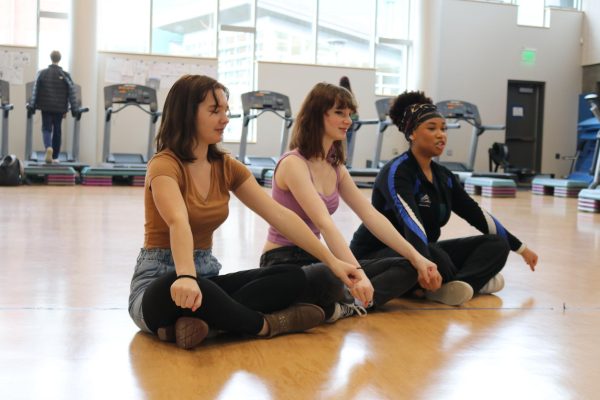The issues with required reading
by Kate Grutz
April 5, 2022
If you’re anything like me, you’re interested in almost any piece of reading you can get your hands on—I enjoy reading articles, essays, novels, short stories, anything. As a kid, I was an avid reader; now, not so much. But I still find a certain kind of joy from it that I can’t really get anywhere else, despite the busyness of high school.
Throughout the years of school, though, I’ve noticed a pattern emerging more and more, in me, my friends, and my classmates: a collective horror of the spectre of required reading. It was nothing more than a mild tinge of interesting annoyance in elementary school, made worse by stale book picks in middle school, and now feels like an insufferable menace to many. I’ve heard a lot of the same: “I would like this book, if we didn’t have to read it for school.”
I think required reading is massively important. Having a baseline of literature that all high school students must be familiar with is, in my opinion, a great idea; it familiarizes kids with literary analysis, and sometimes the books we read in school can be great springboards later on for more complex books. Required reading, when done right, can be a really rewarding assignment, and the right book that you’re “forced” to read in school might change you substantially. However, the ubiquity of the distaste for required reading doesn’t seem to suggest that it is, in fact, being done right. It suggests that most of us are just pushing ourselves through it, absorbing the reading minimally and trying to establish a viewpoint based on what would go out well in an essay.
This is caused by the inflexibility of required reading curriculums. Although they’re getting better, and you’ll rarely hear a teacher imply that a kid’s perspective on a book is the wrong one, there’s still not a lot of room for students to think for themselves when it comes to book-based assignments. When I say this, I’m referring to questions that make the student channel a specific viewpoint rather than providing exercises for formulating their own. They can leave kids stumped, and instead of turning to their own inner commentary about the reading, they end up turning to Google. Even when I enjoy the books we read in class and have a lot to say about them, the assignments we’re given often feel restrictive and boring. Perhaps I struggle to find the words for an entire paragraph about one specific interpretation of the material, but I could write three essays about another— and yet the final assignment, the inevitable essay or project, might force me to develop a perspective within a very thin boundary of topics.
This is not to imply, though, that teachers shouldn’t make students explore other viewpoints on the material than their own. That’s one of the most important aspects of required reading. But ultimately, required reading should be all about informing kids, helping them gather information, and encouraging them to read the book based on how they see things— not trapping them in boxes and frustrating them. Required reading as it exists in our school and many others now has contributed to many kids’ development of reading burnout and poor attitude towards reading in general. When kids aren’t allowed to read what really matters to them, or blocked from exploring a perspective from which they can identify with the work more fully, they lose identification with reading in the first place. To avoid this, our school should continue to move towards providing options for required reading books, and designing new reading curriculums that orient themselves towards giving students the tools to develop their own viewpoints on the reading from an altogether original place, instead of encouraging them to skirt the edges of pre-established lines. Required reading shouldn’t be dreaded or rigidly enforced; it should be treated as it is, a potentially eye-opening exercise in the creativity and unique perspectives of students.





